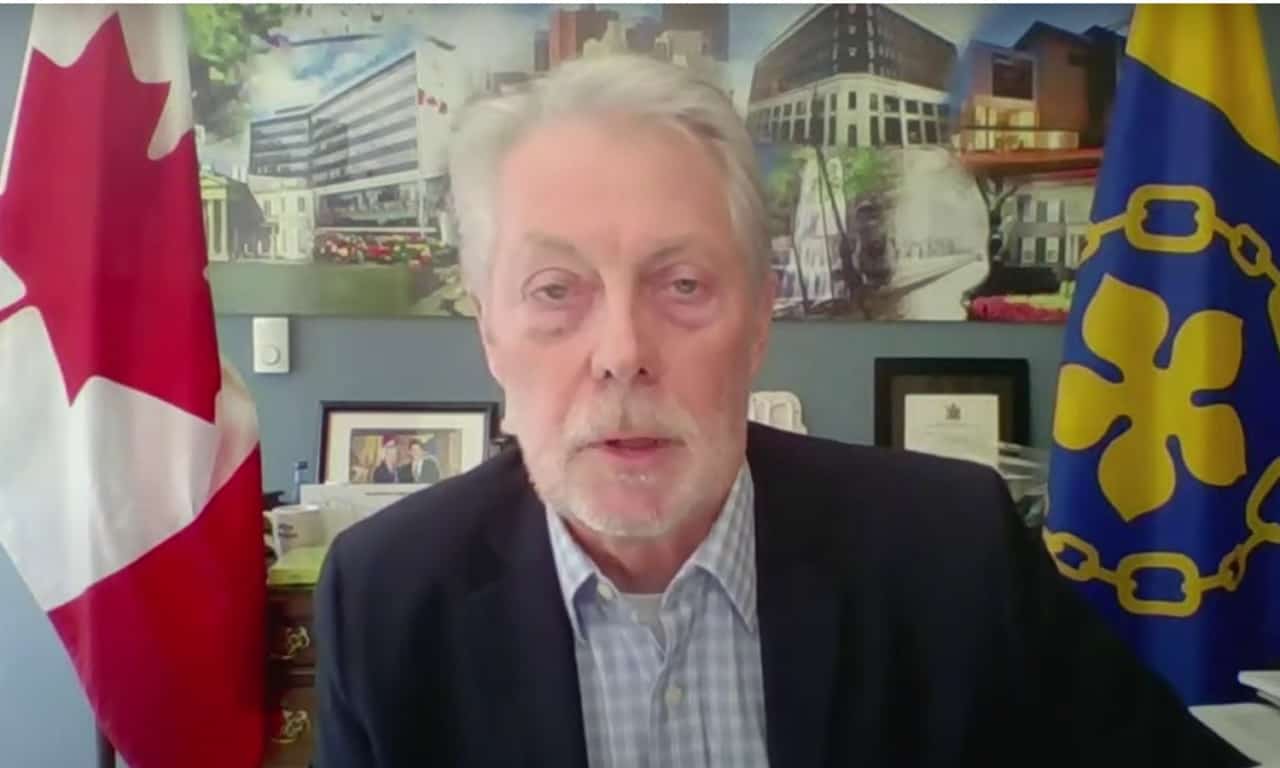Hamilton joins call to decriminalize minor drugs possession in Canada
Published August 10, 2022 at 11:52 am

Hamilton is joining the call for a nationwide drug decriminalization after a vote by a majority of elected leaders today (Aug. 10).
At a board of health (BOH) meeting, councillors and Mayor Fred Eisenberger voted 10-2 to ask the federal government to decriminalize possession of a small amount of illegal drugs for personal use. They will also, after amendments added by Ward 9 Coun. Brad Clark, ask the feds to consider including Hamilton in a decriminalization pilot project that entails expanded access to social supports for people who are dependent on drugs. Clark also added amendments that call for boosting punishments for the production of illegal drugs.
Since Portugal became the first nation in the world to adopt a decriminalization approach to drug use and drug dependency in 2001, many jurisdictions have come around to framing drug dependency has a health issue instead of a moral issue. Next Jan. 1, British Columbia will begin a three-year decriminalization pilot where adults carrying fewer than 2.5 grams of drugs, including cocaine, methamphetamine or opioids, will not be charged, arrested or have their drugs seized.
“The City of Hamilton supports the call on the federal government to decriminalize the possession of all illicit drugs for personal use as an evidence-informed approach that acknowledges that substance use is a health issue and not one of morality, willpower or criminal justice and, further that the federal government support the immediate scale-up of prevention, harm reduction, and treatment services,” the motion that was passed reads.
Along with B.C., Toronto has also applied to the feds for decriminalization, which in practice, involves an exemption from the Controlled Drugs and Substances Act. In Ontario, the public health unit in the Timiskaming region, in northeastern Ontario, has also asked federal Health Minister Jean-Yves Duclos to consider decriminalization.
The advocates for decriminalization, per a report from Hamilton Public Health, include Ontario Big City Mayors, Ontario Association of Police Chiefs, Registered Nurses of Ontario and the Canadian Centre on Substance Use and Addiction.
The vote came after the presentation of report prepared by Melissa Biksa Manager, the City of Hamilton’s manager of mental well-being and substance use The councillors on the board of health heard that Dr. Elizabeth Richardson, Hamilton’s chief medical officer of health, is “125 per cent supportive” of decriminalization.
The support for calling on Ottawa to decriminalize came through Eisenberger, Clark, and Couns. Maureen Wilson (Ward 1), Jason Farr (2), Nrinder Nann (3), Russ Powers (5), Tom Jackson (6), John-Paul Danko (8) Arlene VanderBeek (13) and Judi Partridge (15)
Couns. Esther Pauls (7) and Lloyd Ferguson (12) voted against it.
Eisenberger had to explain to both Pauls and Ferguson that decriminalization does not mean that somone arrested for an alleged crime whilst possessing a small amount of drugs would not be arrested at all. They would simply be arrested for the act itself, the mayor said.
Like any vote at a committee, it will have to be ratified at a future full-council meeting.
The report noted that 75 per cent of the Hamilton Drug Strategy participant respondents supported the decriminalization and legal regulation of substances when they were surveyed in 2018.
Decriminalization also has seemingly broad popular support. Last year, the Angus Reid polling firm found that 60 per cent of Ontario residents were either moderately or strongly in favour of decriminalizing all illegal drugs.
Other nations who have pursued decriminalization include Australia, Czechia, Germany, Norway, the Netherlands, Norway, Switzerland and Uruguay.
INsauga's Editorial Standards and Policies


